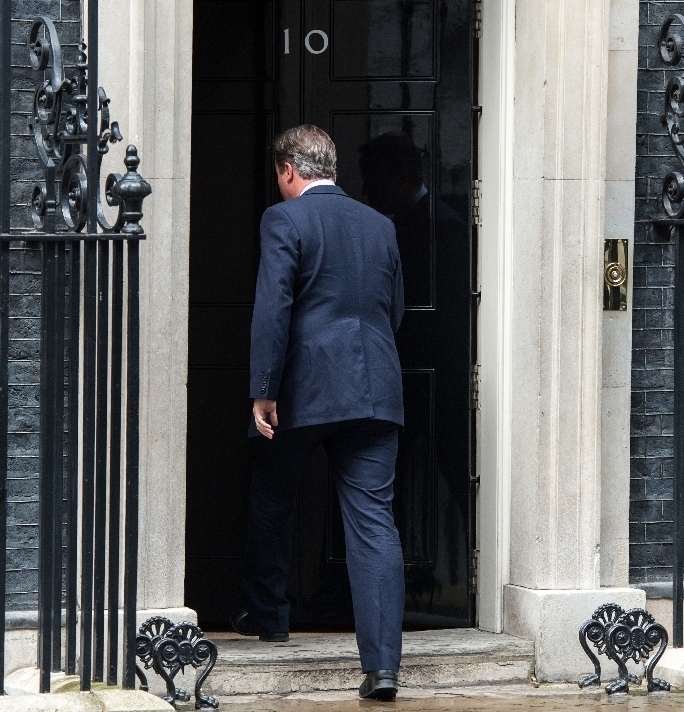Theresa May to become Britain’s second female PM after pro-Brexit rival quits
Home Secretary Theresa May will become Britain’s prime minister on Wednesday and will inherit the task of steering the country’s withdrawal from the European Union, after rival Andrea Leadsom abruptly terminated her short-lived campaign. May, 59, will succeed David Cameron, who announced he was stepping down after Britons unexpectedly voted last month to exit the EU. Britain’s planned withdrawal has weakened the 28-nation bloc, created huge uncertainty over trade and investments and shaken financial markets. While May supported Britain staying in the EU, she cut a low profile during the referendum and insists she will honor the vote.
Brexit means Brexit. … There will be no attempts to remain inside the EU, there will be no attempts to rejoin it by the back door, no second referendum.
Theresa May
Although May trounced her rivals for the premiership, she faces an uphill struggle to unite a country and a party deeply split by the referendum. Her victory means that the complex process of extricating Britain from the EU will be led by someone from the losing side of the acrimonious referendum campaign. She has said Britain needs time to work out its negotiating strategy and should not initiate formal divorce proceedings before the end of the year. Leadsom, a pro-Brexit figure with no senior ministerial experience, was barely known to the British public until she emerged as a prominent voice in the successful Leave campaign. After news of her withdrawal, the pound, which has hit 31-year lows since the referendum, bounced slightly, showing signs of relief that the Conservative leadership question would be resolved much sooner than expected.

TheresaMay